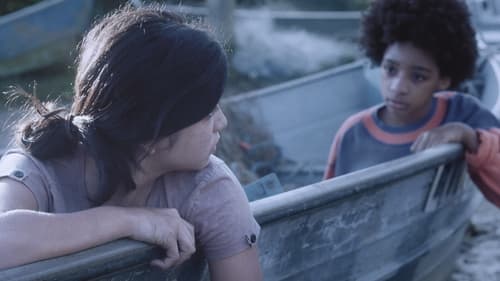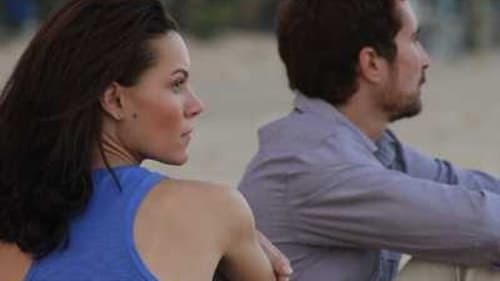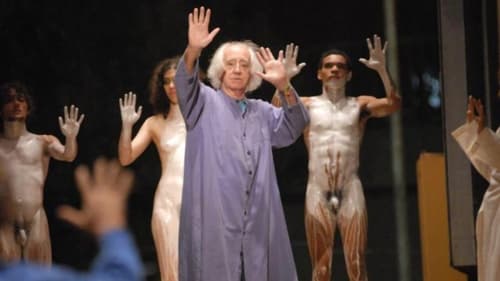
Micheline
Багдад - 17-летняя скейтерша, которая живет в Фрегезия-ду-О, районе рабочего класса в городе Сан-Паулу, Бразилия. Багдад катается на скейтборде с группой друзей мужского пола и проводит много времени со своей семьей и с друзьями своей матери. Вместе женщины, окружающие ее, образуют сеть людей, которые не похожи на обычных. Когда Багдад знакомится с группой женщин-скейтбордисток, ее жизнь внезапно меняется.

Music
In a Brazilian village infested with piranhas, Nanã and Mel are fast growing into adolescence as they dream of ways of protecting themselves against a seemingly inescapable violence. When a mysterious body appears tangled in a fisherman's net, they learn what might be their ultimate protection.

An emotional geographic reading of the city of São Paulo, created through hundreds of love stories from its residents. Neighborhoods, streets, parks and houses that sometimes no longer exist, or are invisible to most people, come to life in the stories told by the inhabitants.

Music
Фильм открывает бесстыдная и невинная, живая, естественная как вода и воздух сцена группового секса на океанском пляже. Но это – грёза, фантазия, не имеющая прямого отношения к существованию заглавной героини, ведущей скромную и спокойную жизнь со стариком-отцом. Нет, в её жизни есть мужчина, есть секс, есть мечта – исцелять людей, и язык не повернётся назвать эту жизнь заурядной или бессмысленной...

From 2000 to 2007, Teat(r)o Oficina Uzyna Uzona worked on the staging of Euclides da Cunha's epic book, Os Sertões, which describes the 19th Century War of Canudos in the Brazilian "sertão"(backlands). The result was the pentalogy of plays: A Terra (2002), O Homem I (2003), O Homem II (2003), A Luta I (2005), and A Luta II (2006). This first play is a carnival opera, the actors are the earth, the vegetation, the wind, the animals, the rivers, the drought. It reveals the most intimate secrets of nature, that also vibrate in the human and trans-human arteries. This work enriched by the experience that the subsequent works brought gains an updated insight into the human interference in the environment. Destructive power is proportional to financial power, and the discussion about the way space gets occupied was brought to the forefront, including the real-estate boom that surrounds today not only Teatro Oficina, but the whole world, now hotter and more arid.




